Poland, brief agricultural news week 34, 2020
What happened in Poland last week? A brief overview of agricultural news.
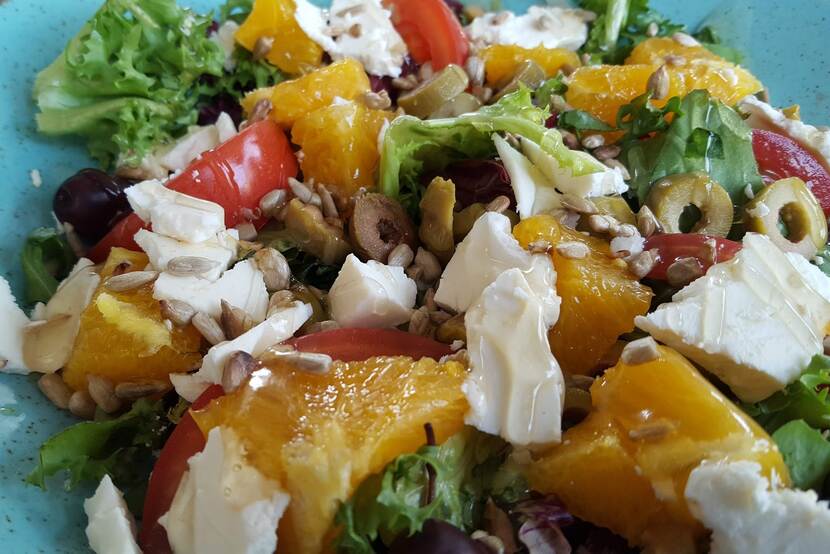
Polen hotspot voor food innovatie 2020!
A country with its meat-oriented culture opens up to plant-forward eating. Even though, looking through the historical perspective, Polish diet has always been based on grains and root vegetables, Poles' affair with barbecue, pork chop and other meat-based dishes is obvious. However, what would seem abstract a couple years ago becomes a reality in Poland today – the plant-based boom has hit and there are multiple reasons to back the opinion that it should be considered rather a longterm mainstream tendency rather than a phase. Many arguments prove that it would not be an understatement to put Poland on European map of plant-based boom along Germany, Netherlands or the United Kingdom. The rising flexitarian population, the restaurant business open to plant-based cuisine, the manufacturers expanding their product portfolios with innovative plant-based products make only a few arguments for Poland being the hot-spot for food innovation in 2020.
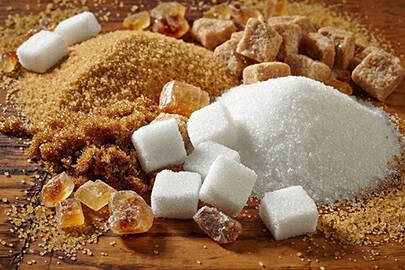
Sugar producer faces investigation for unfair contractual provisions with farmers
The Polish Office of Competition and Consumer Protection in Poland (UOKiK) initiated proceedings against Pfeifer & Langen Polska. The company may take unfair advantage of its contractual advantage over farmers. UOKiK will also look at the practices of other sugar producers.
Pfeifer & Langen is one of the largest sugar producers in Poland. UOKiK has reservations about provisions in agreements with farmers, according to which growers can buy seeds only from Pfeifer & Langen. In the event of using other seeds, the company reserved the right to refuse to buy the beet. “Pfeifer & Langen's actions deprive growers of free choice of seeds suitable, for example, to the type of soil or local weather conditions. Therefore, I have instituted proceedings in connection with the suspicion of unfair use of contractual advantage. If seeds purchased from a different source are used, the sugar producer will refuse to accept the beet, then all the farmer's effort will be wasted” says the President of UOKiK. Pfeifer & Langen is facing a fine of up to 3 percent of the trading.
Sugar concerns under the scrutiny of UOKiK
This is not the first intervention of UOKiK on the sugar production market. In 2019, the Office issued a decision accepting the commitment of Sudzucker Polska to change practices unfavorable for farmers. “Protection of Polish farmers is an important part of the Office's activities. Therefore, in addition to the proceedings against Pfeifer & Langen, I also initiated an explanatory proceeding in which we will check whether other sugar producers in Poland do not use their contractual advantage over farmers in a similar way” says the President of the Office of Competition and Consumer Protection.
Proceedings against 100 entities on the agri-food market
The agri-food market is closely monitored by UOKiK. The proceedings against the 100 largest entities on this market have recently been completed. After the intervention of UOKiK, most of the entrepreneurs in the course of the UOKiK proceedings paid the overdue money to suppliers and removed the questioned provisions from commercial policies and concluded contracts. “We examine the actions of entities that have not changed their practices as part of explanatory proceedings regarding the unfair use of contractual advantage. These are Auchan Polska, Eurocash, Makro Cash and Carry Polska, SCA Intermarche.”
Source: https://www.uokik.gov.pl/
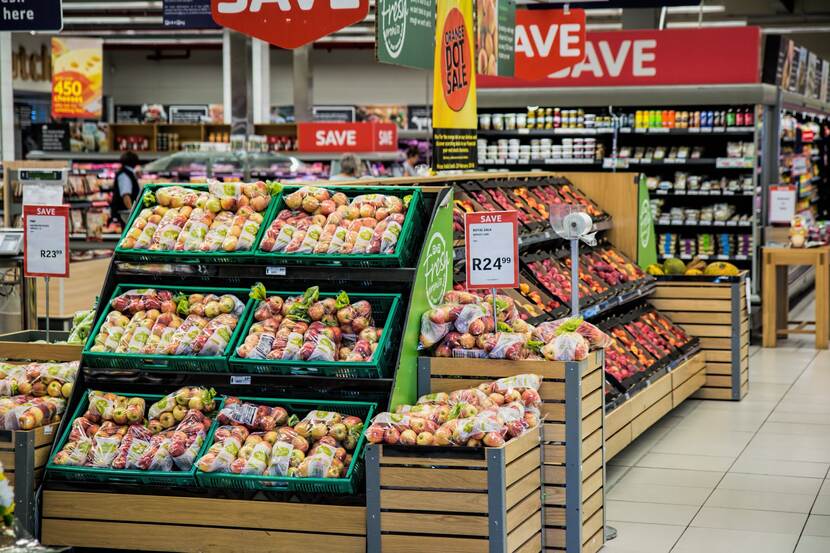
Consumers Keen to Buy Polish Products
The popularity of products made in Poland among Polish consumers is growing. Some consumers are prepared to pay more for such products to support Polish brands and the national economy. In return, they receive high quality products from manufacturers they can trust. In the last three years, consumer polls have been showing that Polish consumers value high quality of goods and services over price. In 2019, 34 percent of respondents quoted the origin of products as the most important factor influencing their shopping decisions. In 2020, more than 50 percent of respondents in ARC Rynek i Opinia poll declared that they paid attention to whether the products they purchased were made in Poland. Among consumers aged 45 and over, the rate amounted to 60 percent.
The coronavirus pandemic has reinforced patriotic sentiments among Polish consumers. More than 60 percent of respondents in the above-mentioned poll stated that they would like to support Polish companies during the pandemic. Ninety percent of that group said that they had ideas on how best to do this. Half of respondents declared that they consider Polish products safer than imported products.
Consumers are especially keen to buy Polish food products. Sixty nine percent of respondents in a poll conducted in October 2019 declared that they would be prepared to pay more for sustainably produced Polish food. According to the Polish Opinion Monitor public opinion research project, Polish consumers identify Polish food products with good taste, safety and high nutritional value. Choices of individual consumers may have a significant impact on the condition of the country's economy. Grant Thornton estimated that while for each PLN1 spent on a foreign product, PLN0.75 goes abroad and PLN0.25 remains in the Polish economy, for each PLN1 spent on a product made in Poland, PLN0.79 remains in the Polish economy.
Such choices acquire even greater importance at the time of recession. In April, President Andrzej Duda launched the "Buy Polish Products Consciously" campaign, appealing to consumers to make sure that the products they choose were made in Poland.
Source: PNB Economic Review 2020, August, 18
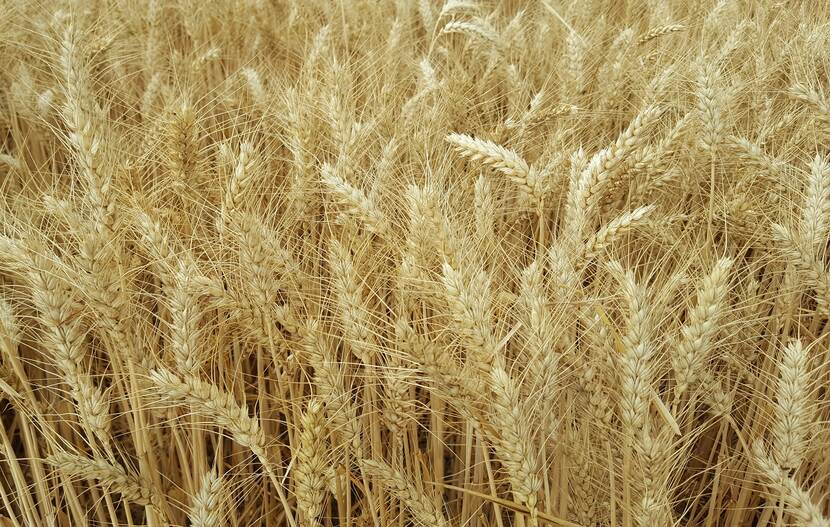
Agrifood export Poland + 7%, Netherlands 3rd export destination
The export of agrifood products from Poland, grew with 7% y/y in the first half of 2020, reaching a value of € 16,4 bln. The growth rate of export exceeded the growth rate of import and as a result the positive trade balanced increased by 11,8% compared to the same period in 2019 to € 5,4 bln.
Export destinations
Just like previous years, in 2020 the Polish agricultural and food products were exported mainly within the EU. Export to EU Member States generated € 13 bln, which constituted 79% of income from the total export of agricultural and food commodities. Germany remained the main trade partner of Poland, with the latter’s export amounting to € 4 bln, 11 % more than in the first half of 2019. Other important recipients of Polish food and agricultural products were the UK, the Netherlands, France, Italy and the Czech Republic. The Commonwealth of Independent States-bound (CIS) Polish export amounted to € 847 mln, 13% higher than a year ago. Export to Ukraine of Polish food and agricultural products amounted to € 366 mln, the food and agricultural products export to the Russian Federation amounted to € 265 mln, to Belarus € 139 mln.
A significant recipient of the food and agricultural products produced in Poland was Saudi Arabia. The value of said products sold on its market amounted to € 365 mln. The US saw the aforementioned Polish products sold for € 247 mln, the Republic of South Africa for € 147 mln.
Export products
As established by the National Support Centre for Agriculture (KOWR), livestock, meat and meat products maintain the most prominent position within the commodity structure of the Polish export of agricultural and food products. In the first half of 2020, the incomes from foreign sales of this commodity group were 4% lower than in the same period of 2019 and amounted to € 3.1 bln, which constituted 19% of the entire Polish export of agricultural and food products.
Again in the first half of 2020, the second position in terms of agricultural and food products exports was held by cereals grains and cereal products, which constituted a 14% share in this branch of exports. The sales of this group of products spiked by 37% to € 2.4 bln in comparison to the same period of 2019.
Tobacco and tobacco products also saw a spike in exports, namely by 18.5% reaching € 2.1 bln, mild products (by 2% up to € 1.2 bln), sugar and confectionery, and fish and fish products. The export of fruits and fruit products, coffee, tea and cocoa, but also oilseeds and plant fats spiked.
Good results despite COVID
“At the beginning of the year, preliminary data indicated that it would be another record year in agricultural exports. Such was the dynamics in January and February. However, already in March, the pandemic had a significant impact on the results of foreign trade, but it is optimistic that the situation has been improving day by day since June” said the Polish Minister of Agriculture on August 19. The Minister of Agriculture pointed out that those branches of agriculture that are highly dependent on exports have suffered the most. “It has decreased significantly to the EU countries, to China and to the Middle East, with 80% decrease in export of beef, 60% decrease in export of poultry but also a decrease in export of pork and milk. The effects of the pandemic also suffered, inter alia, flower producers. And the costs of sea transport also increased significantly.”
Source: Polandin and the Ministry of Agriculture
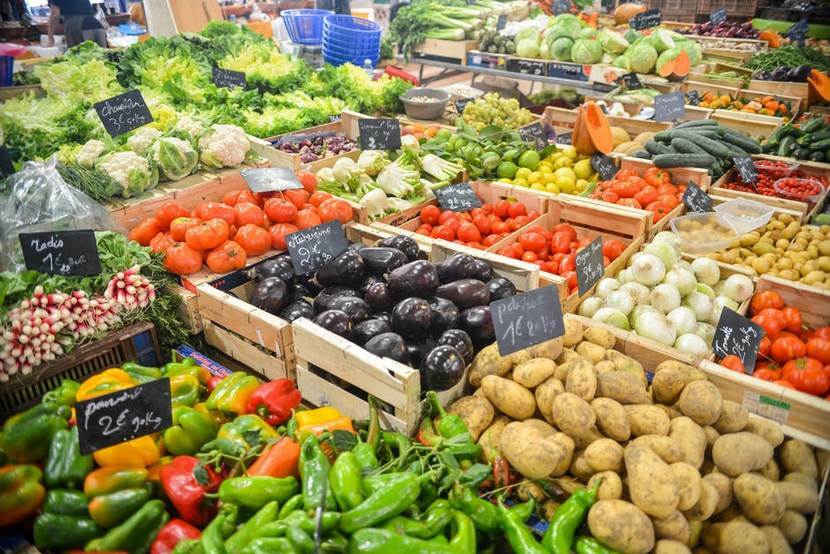
BNP Parisbas: Poland can produce much more organic food
Organic food is increasingly appreciated by Poles. The country can produce much more of it than before. Although the market for ecological products is growing, Poland is far from other countries, inform BNP Paribas bank experts. The organic food segment in Poland is growing dynamically. In 2011-2018, its value in Poland tripled and in 2018 it exceeded PLN 1 billion gross. This is still 20 times less than in Germany. In 2018, the value of the global market for organic products amounted to EUR 90 billion. The real hegemon of this segment is the US, which generates almost half of this amount (EUR 40 billion). The leaders in Europe are Germany (EUR 10 billion) and France (EUR 7.9 billion). The world leaders are chased by China (EUR 7.6 billion).
Source: PAP